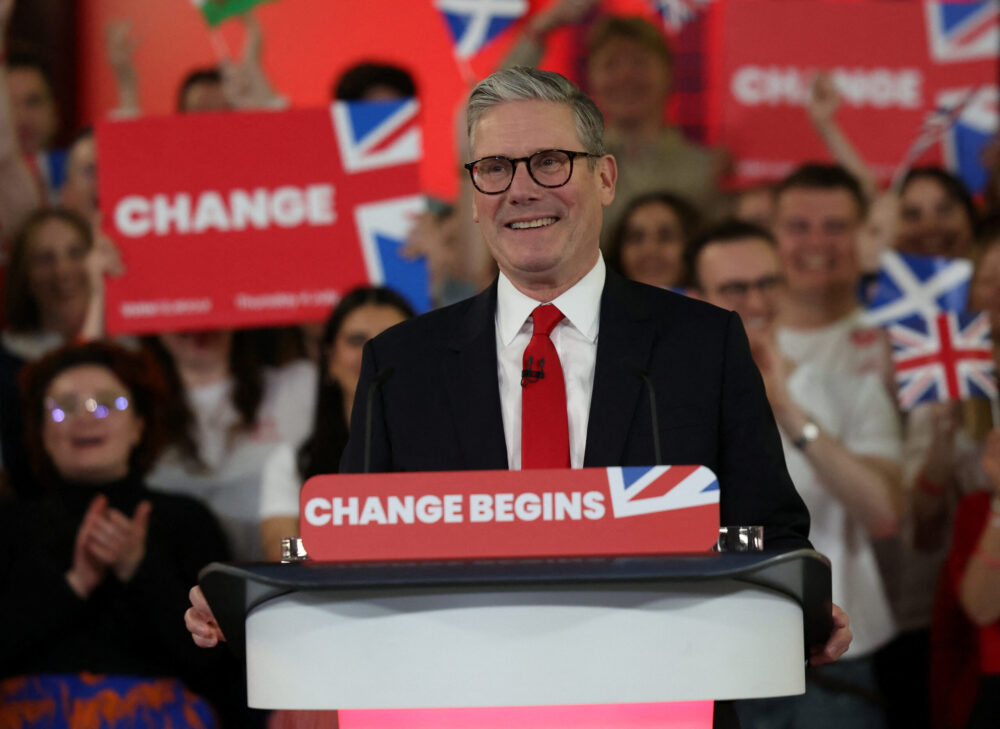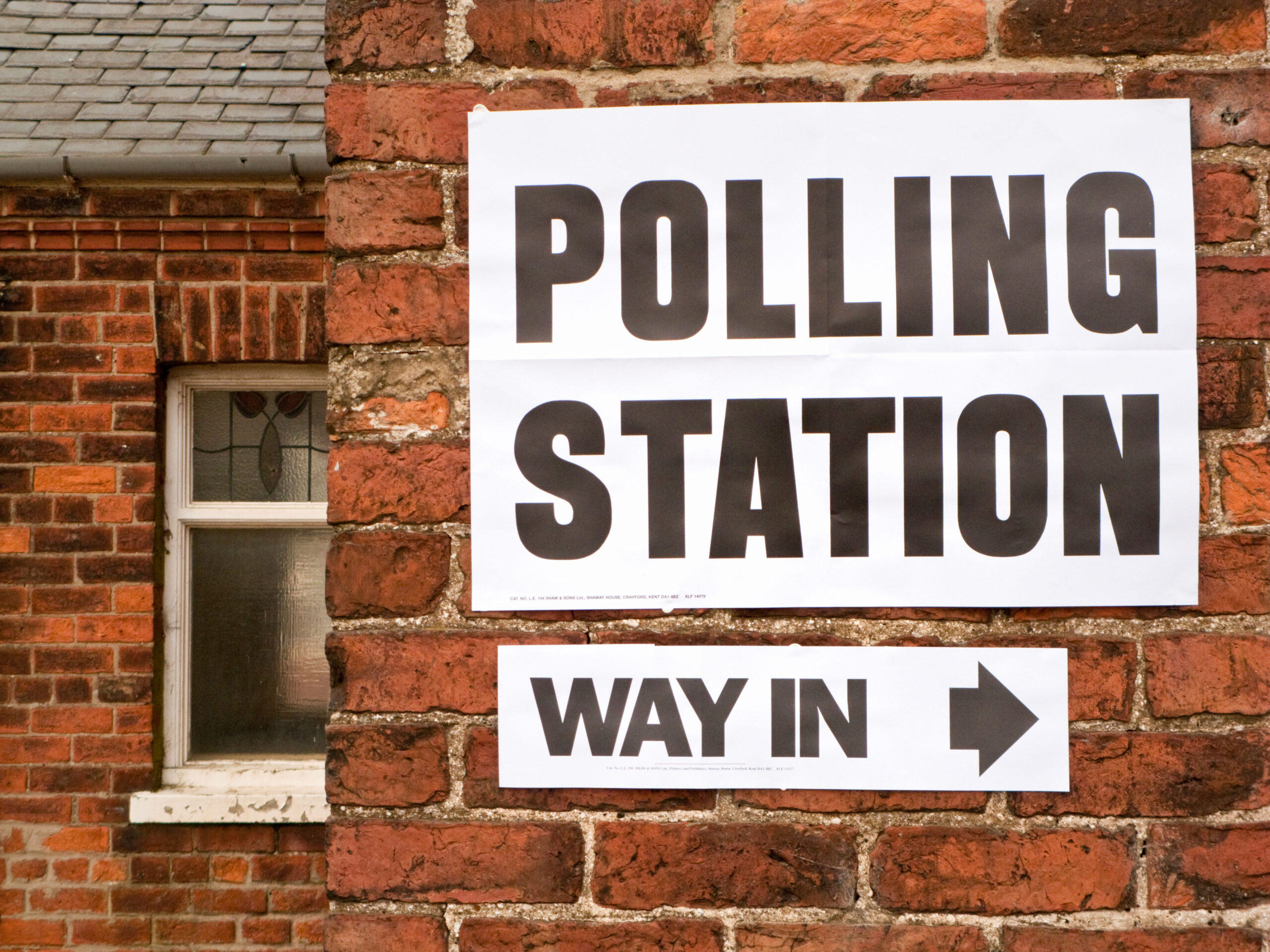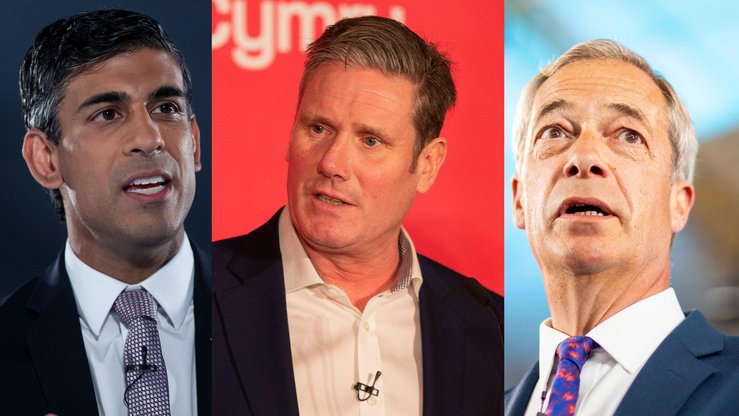
For a party organisation, a snap general election is a bit like an unannounced Ofsted inspection, as Paul Goodman sagely observed at yesterday’s ConHome fringe meeting on party reform. Quite a revealing one, in the most recent case. Many of the conclusions of the party’s election review focus on narrowing the gap between day-to-day operations and a war footing, and this makes sense – “a snap election should be snap for them and not for us,” as someone close to the process likes to put it. The plans for long-term engagement with younger and ethnic minority voters are also welcome, and yet… familiar. The sense of déjà vu comes from 2005, when I distinctly remember arguing that rather than burn through money on expensive and certainly pointless poster campaigns, proper investment should be made in enduring projects like this that would bear real fruit. In politics as in so many things, the seemingly urgent has a way of crowding out the important. Maybe this time it will be different.
***
For the activists in the room, the recurring theme was the ignoring of members. Graham Brady thinks the problem goes back to the party reforms of the late 1990s: “for too many years it felt as though the Conservative Party didn’t like having members. It was possible that you might have views”. We had now moved on from that – one thing Jeremy Corbyn’s leadership of the Labour had done was banish the idea that the mass membership party was dead. There was a further complaint from Edwina Currie that the Board was made up almost entirely of white men. Graham pointed out that many of the positions were elected, and in any case, “there’s nothing I can do about being white or a man. Or nothing I would wish to do. I’m glad my wife is agreeing there at the back.”
***
What should the Tories be talking about this week? In my research for The Lost Majority, one striking finding points to some answers. We asked people which issues they thought were most important to the Britain, what mattered most to themselves and their families, and what they believed were the top priorities for Labour and the Conservatives. In nearly all cases, the things people were more likely to name as priorities for the country than for themselves were also thought to be higher on the Conservative agenda than Labour’s – things like Brexit, immigration and the deficit. Meanwhile, they felt the things that were more important to them than to the country as a whole – especially the NHS and the cost of living – seemed to matter more to Labour than to the Tories. It’s good, indeed essential, for the Conservatives to remain the party of economic rectitude, but it’s not enough: as one “defector” told us after the election, “I always did believe in economics and not spending what you don’t have, but I’m fed up with being shafted so I voted Labour.” When it comes to the things that are closer to home, people need to believe the Tories have their interests at heart – not an easy thing to do with Brexit dominating the government’s agenda, but it’s essential and it has to start now.
***
The party conference wouldn’t be the same without its protesters, and this year it seems we are lucky enough to be joined by two separate species: one that wants to reverse the result of the EU referendum, and another that wants to reverse the result of the 1983 election. Without their respective flags and banners you would be hard-pressed to tell which was which, but with many of them travelling for the occasion it is easy enough to distinguish on the trains, I am told: the anti-Brexiteers are the ones in First Class.
***
Protests are all part of the fun, of course, but the huge ‘Hang The Tories’ banner over two life-size effigies swinging from a bridge in Manchester (hastily removed by the Greater Manchester Police, I am pleased to say) rather crossed the line. Civilised people on all sides agree. But I was surprised how many on my Twitter timeline resisted the idea that the disgraceful spectacle was the work of supporters of Jeremy Corbyn – “it could have been anyone,” they argued. I suppose this was true enough. Maybe it was the Liberal Democrats, or a rogue cell of the Women’s Institute.
***
One thing about a party conference, with all its events, receptions, fringe meetings, clandestine plotting in secret corners, and so on, is that it is amazing how many miles you can clock up. When I was recovering from sepsis in 2015, my doctors advised me to try and average ten thousand steps a day. I managed to achieve that over the first year, and so far I’m still on track. It is a remarkably effective way of staying in shape, and easier to achieve than you might think. My tip: do all your phone calls on your hind legs. (Lord Ashcroft: author, pollster, international businessman, philanthropist and fitness guru).


